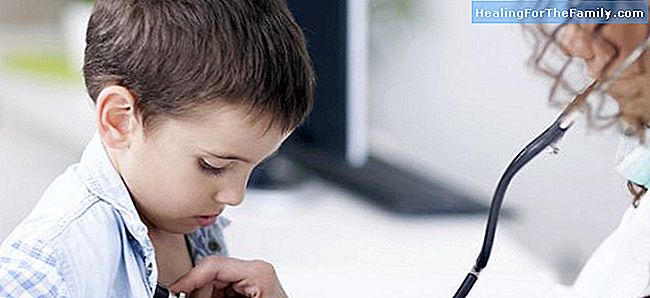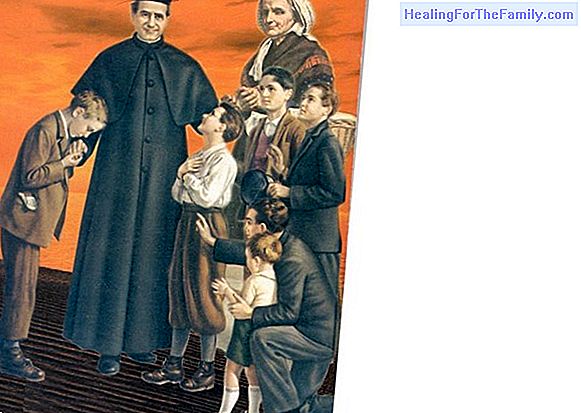How hepatitis affects children
Hepatitis is defined as inflammation of the liver. It can have many causes, from pharmacological to tumoral, although the main ones are infectious. The most frequent form of infectious hepatitis is secondary to colds. As said inflammation generally goes unnoticed, it is not taken into account. But i
Hepatitis is defined as inflammation of the liver. It can have many causes, from pharmacological to tumoral, although the main ones are infectious.
The most frequent form of infectious hepatitis is secondary to colds. As said inflammation generally goes unnoticed, it is not taken into account. But if we did an analysis to all children with a cold, we could check it.
Types of hepatitis and how they affect children

The way to see that a patient has an inflamed liver is by doing a blood test. Hepatitis causes an increase in proteins called transaminases.
We will briefly comment on some of the specific hepatitis:
1. Hepatitis A. It is a common form of hepatitis in childhood, in developing countries. In our environment it is seen occasionally. It is spread through the fecal-oral route. It occurs as an acute gastroenteritis (fever, vomiting, diarrhea), but is accompanied by jaundice. Jaundice is the yellow tinge of the skin and mucous membranes. It is produced by the increase of bilirubin in blood. In addition, it is very typical that patients 'urinate the color of coca cola'.
It is a self-limiting disease. No specific treatment is necessary, although we must have a careful hand hygiene. When there are several cases in the same school, it is indicated to vaccinate all children against hepatitis A. Similarly, it is indicated to vaccinate family cohabitants.
2. Hepatitis B. It is rare in childhood. The most common route of infection in children is through the placenta, and occurs in children whose mother is infected by this virus. It tends to become chronic. It can be prevented by initiating vaccination against the virus and administering the child's specific gammaglobulin (defenses).
3. Hepatitis C. It is rare in childhood. The route of infection is not known in its entirety. There is talk of the parenteral route (contact with the blood of an infected person) and the sexual route, but surely there are more ways that are unknown. It tends to become chronic. There is no effective prevention strategy.
4. Other hepatitis. In infancy, the liver is frequently inflamed coinciding with processes such as infectious mononucleosis (kissing disease), and other similar conditions (cytomegalovirus infection, toxoplasmosis, chicken pox, herpes, HIV, etc.)
The fact of Having hepatitis does not imply that you have to make a special diet. The only common precaution is to avoid taking certain medications that can accumulate in the liver (such as acetaminophen) for at least 3 weeks.












